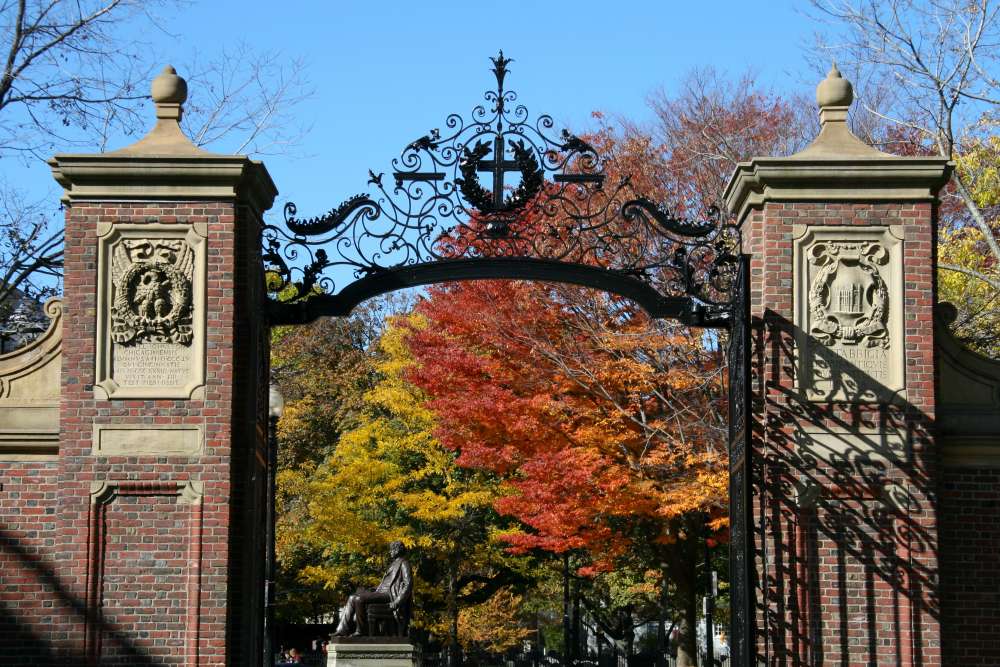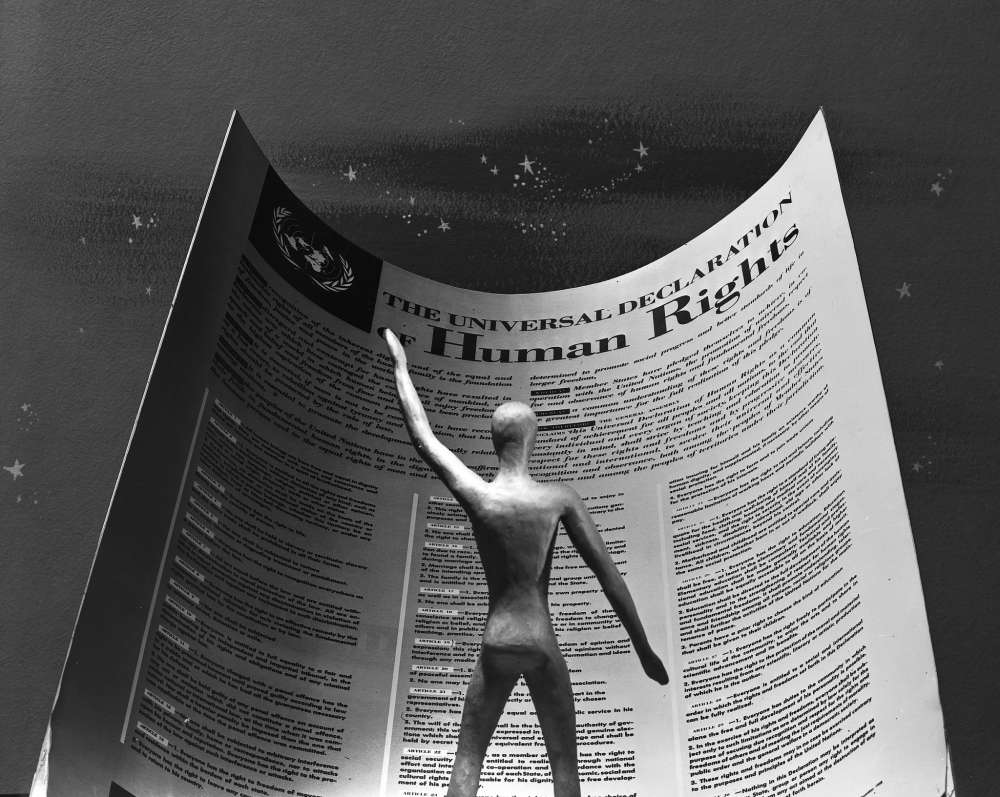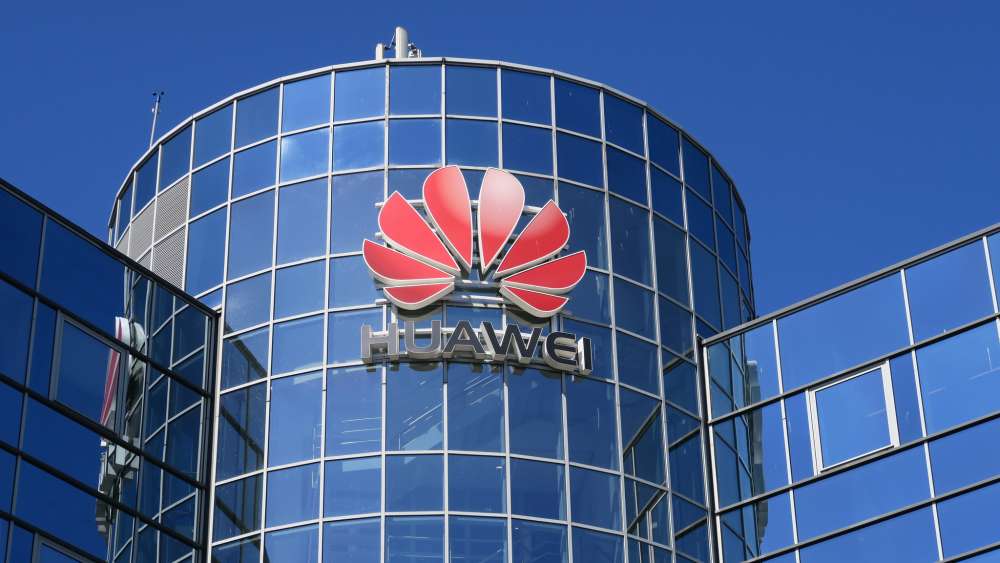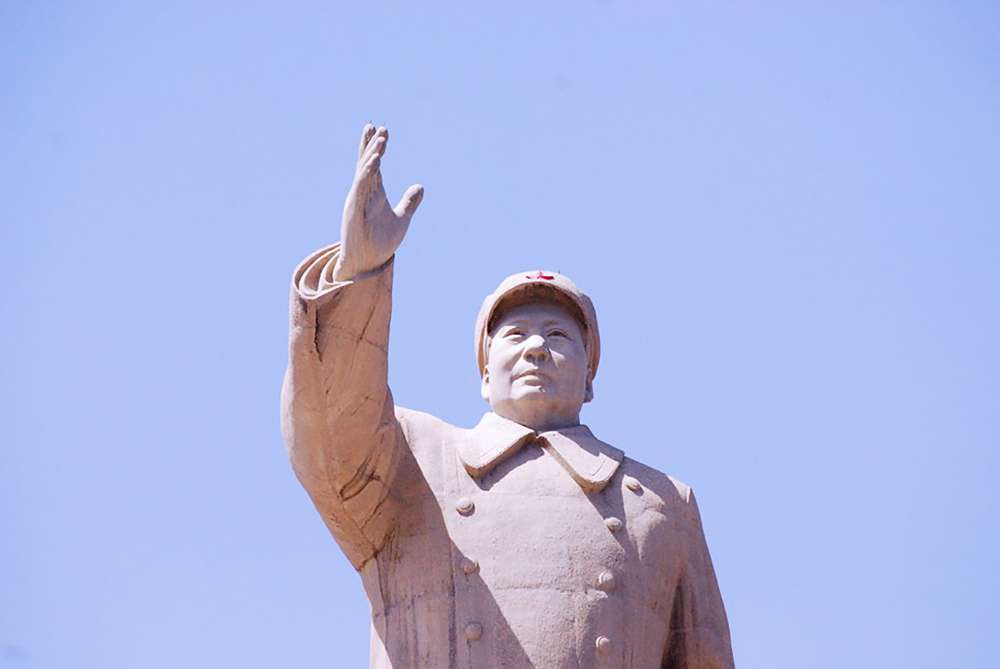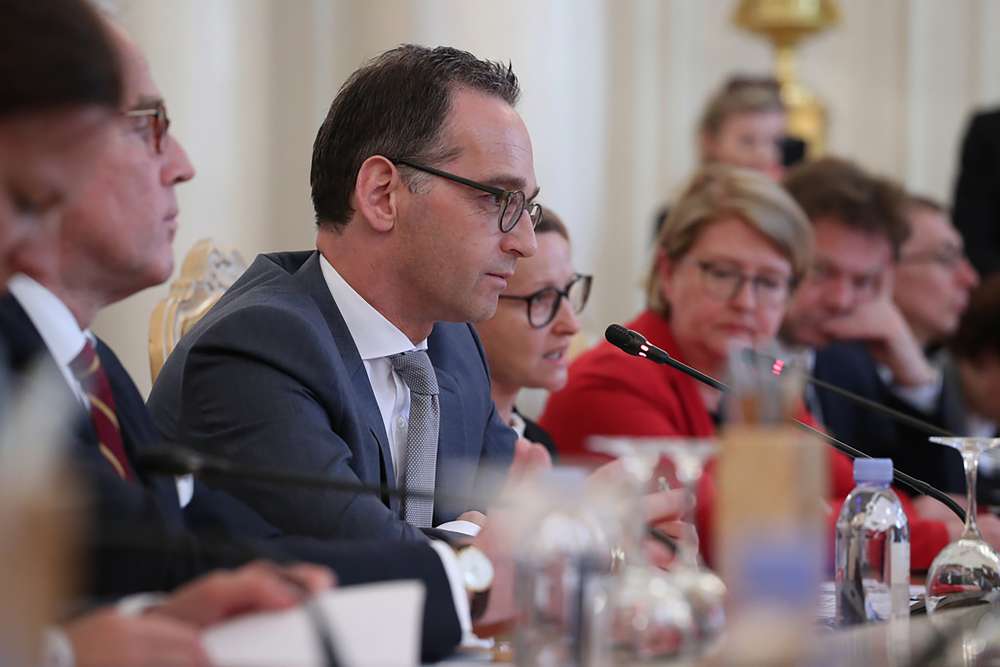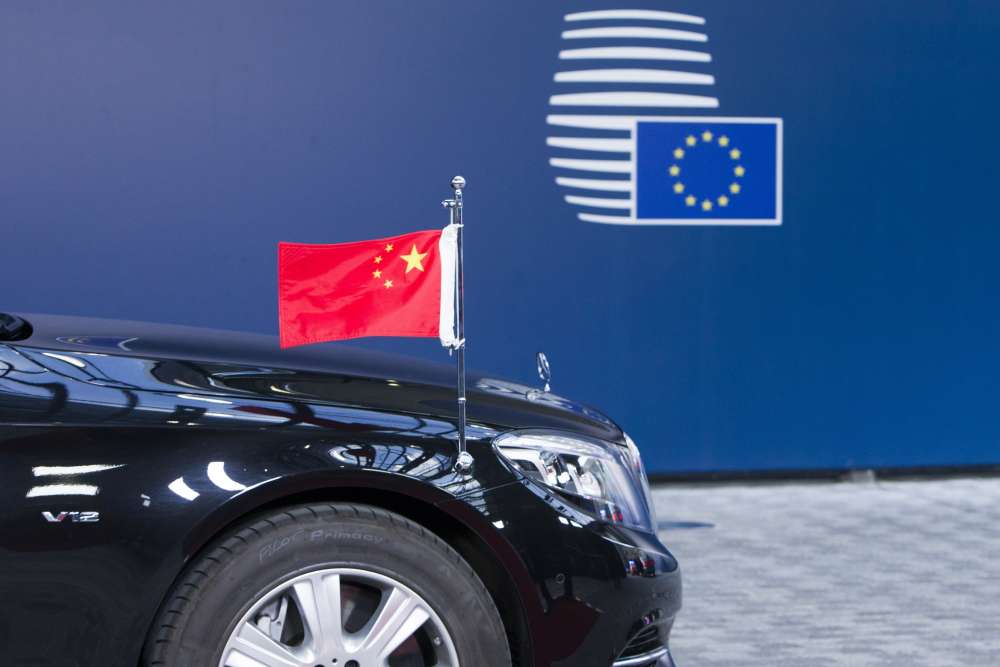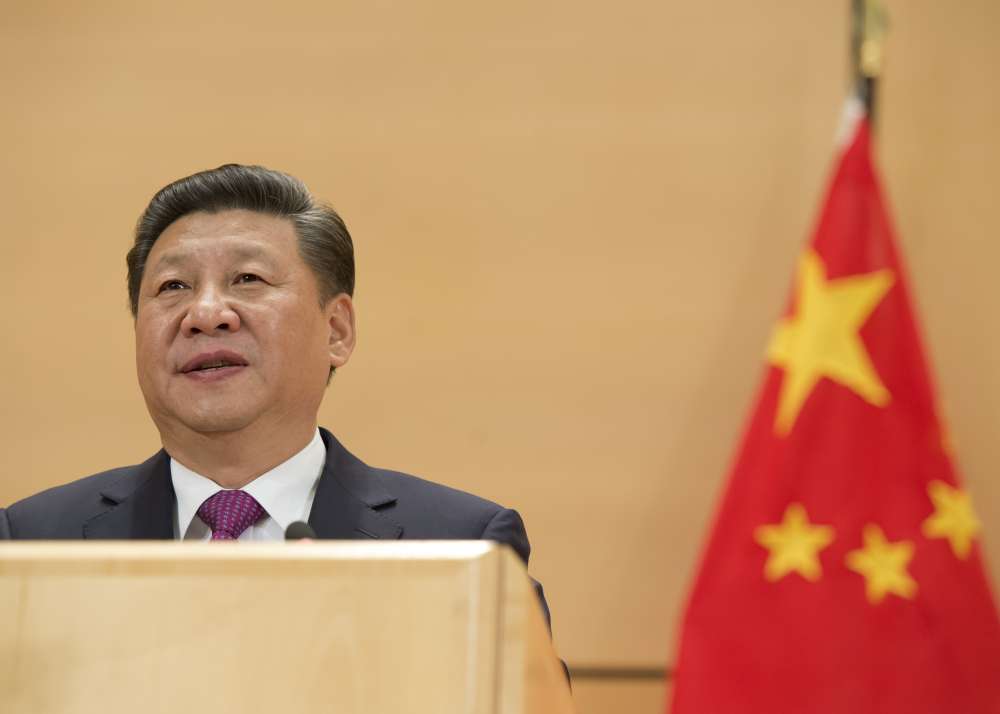Germany Needs to Lead a United Front for Canada and Against Beijing’s Aggression
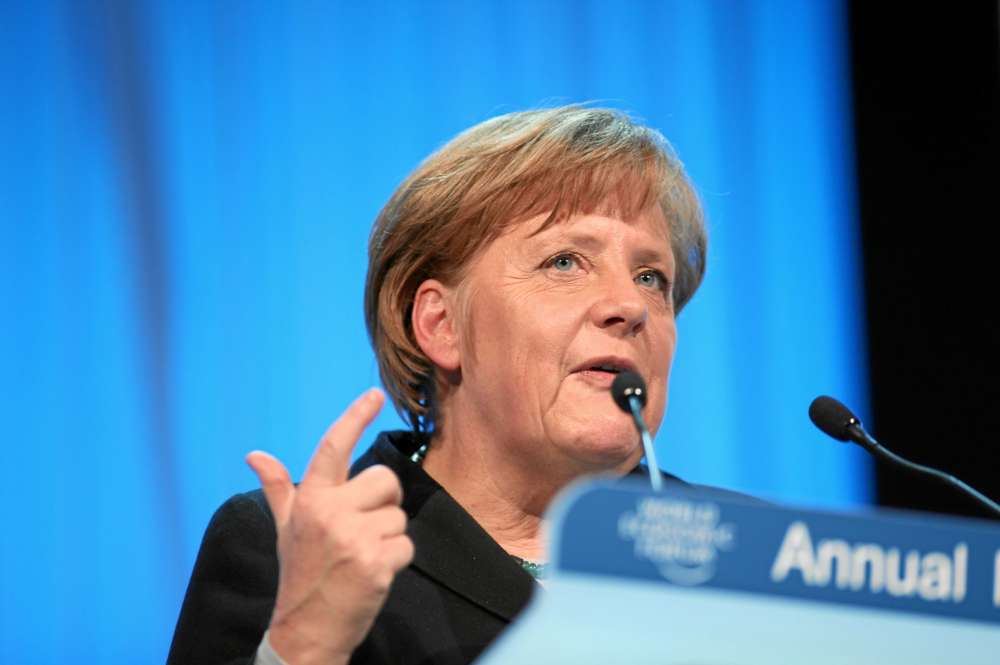
When Chancellor Angela Merkel speaks at the World Economic Forum in Davos this week, she should unequivocally assert German solidarity with its NATO ally Canada, as this Western partner nation must defend itself against an unprecedented bullying campaign by China. Never before has a Western country faced such naked aggression by the Chinese state, which even includes taking Western citizens as hostages. Germany must show where in this conflict it stands.
As the Chinese party state sees it, it is retaliating against Canada for arresting Meng Wanzhou, the CFO of Huawei and daughter of its founder. (Canada had nabbed Ms. Meng during a visit, after the US had requested her extradition.) In December, two Canadians were arbitrarily detained in China and have been held in confinement ever since. Last week, another Canadian was sentenced to death for a drug offence.
Simultaneously, the Chinese are keeping up a verbal onslaught. Lu Shaye, the Chinese ambassador to Canada, has accused Ottawa of being motivated by “white supremacy” in arresting Ms. Meng. Last week, Mr. Lu warned Canada not to put the issue on the agenda during meetings at the World Economic Forum, as Chrystia Freeland, Canada’s foreign minister, had planned. “This would really escalate tensions instead of easing them. Davos is for economics. We hope Canada thinks twice before making any actions,” he said. To drive the point home, Lu accused Canada of “backstabbing” and warned against “repercussions” if Ottawa were to exclude Huawei from building Canada’s 5G network.
With the arbitrary arrests of NGO employees Michael Kovrig and Michael Spavor, Beijing has introduced hostage-taking of Western citizens as an instrument of its power projection. By bullying Canada, Beijing wants to set an example: Every country that stands in China’s way will be hit with full force. Beijing’s calculus is simple. It expects Canada’s allies to put their own good relations and economic interests with China above solidarity with Ottawa over Beijing’s unprecedented aggression, allowing China to get away with it.
Canada’s allies should prove Beijing wrong. The right response is not silent diplomacy but public solidarity. The World Economic Forum should be the start of a decisive push-back. This would make clear to Beijing that its threats against Canada have exactly the opposite effect from that intended.
The German government has a special role to play here. For Beijing, Germany is the most important country in the Western alliance after the US. In view of the increasing tensions with America, China has recently invested a great deal of energy in pulling Germany on its side. To this end, Beijing has accommodated German decision-makers and companies.
This became clear during the visits by Frank-Walter Steinmeier, Germany’s president, in December, and by Olaf Scholz, the finance minister, last week. Scholz was promised that German banks and insurers would gain access to the Chinese market. Earlier last year, BASF was given the green light for a project worth €9 billion in Guangdong.
Germany must clarify that it will not be bought by this. That is why Berlin must now firmly and unequivocally side with Canada. Merkel herself should take a stand in Davos. She should call out the hostage-taking of the two Canadians as such and demand their immediate release. She should condemn the threats against Canada. She should make clear that Germany is prepared to accept a deterioration in relations with Beijing if the party state does not refrain from its policy of threats and retaliation.
Merkel should also warn China against extending this policy of retaliation to Poland, which arrested a Huawei employee under suspicion of espionage at the beginning of January. She should also remind China that it is already paying a price for its actions. The two arrested Canadians saw themselves as bridge-builders between China and the West. Their arrest destroys the trust of those Westerners who have dedicated their careers to a better understanding of China. This is also the message of an open letter, signed by former diplomats and experts, to Chinese president Xi Jinping published on Monday
The Davos elite should hold China’s Vice President Wang Qishan to account for Beijing’s action during his appearance at the World Economic Forum. In addition, all German government and parliamentarians should discuss the matter in any official interaction with the Chinese side. At the same time, Germany should help to organize a broad international coalition.
Canada is one of the co-founders, courted by Berlin, of the “Alliance of Multilateralists” pursued by Heiko Maas. According to the foreign minister, the alliance should “show solidarity when international law is trampled underfoot on each other’s doorsteps.” China’s hostage-taking of foreign citizens is a clear-cut case. It is embarrassing enough that the German government last year refused Canada full solidarity when Saudi Arabia threatened Ottawa with reprisals because of critical remarks about the human-rights situation. The government should learn from this mistake.
Far more is at stake than the fate of the two imprisoned Canadians. No longer hidden beneath the veneer of its “win-win” and “shared future for mankind” sloganeering, the Chinese party state is now openly seeking to normalize hostage-taking and other arbitrary acts of bullying as an acceptable means of international politics. All countries committed to freedom and the rule of law must send an unmistakable signal that they will stand together to prevent this. They need to raise the price for China’s behavior before it is too late.
…
This commentary was originally published by Handelsblatt Today on January 21, 2018.
